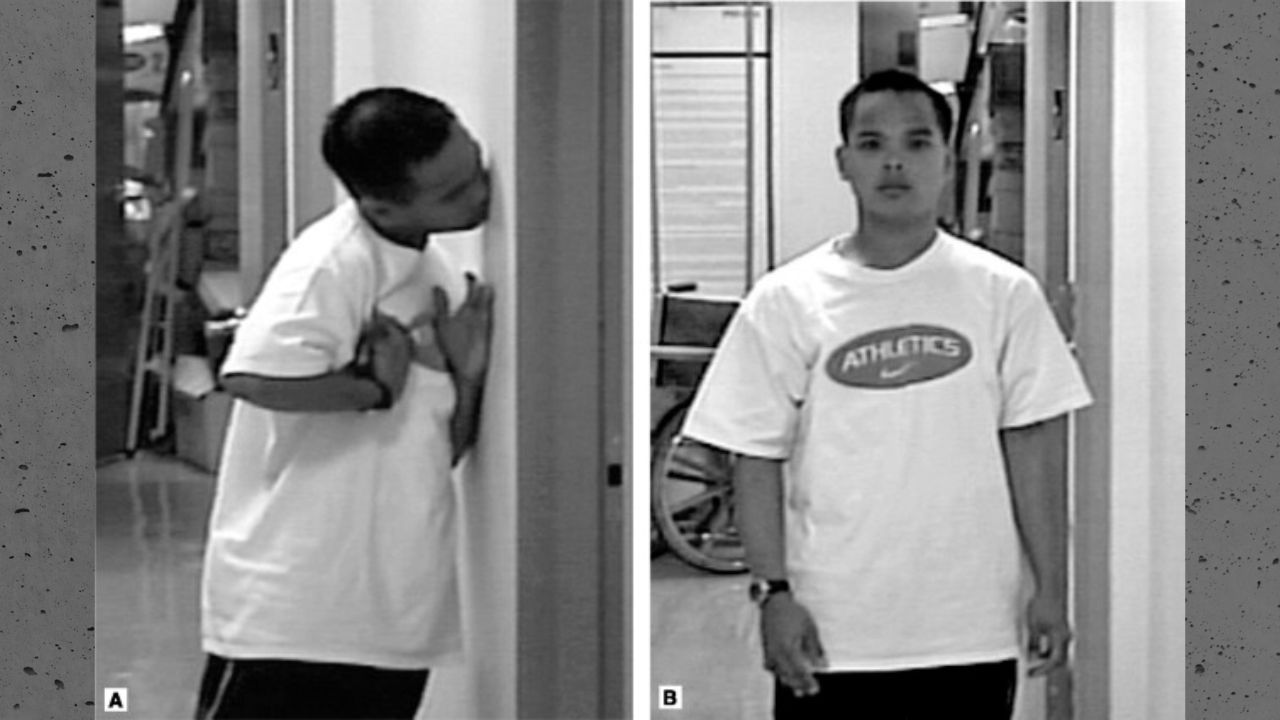The movement disorder paroxysmal kinesigenic dyskinesia (PKD), which is characterized by chorea outbreaks that pass quickly and may return frequently throughout the day, is brought on by abrupt voluntary movements. A neurologic condition known as PKD, which has a variety of triggers and can be acquired, inherited, or brought on by another neurological disorder.
Attacks can happen anywhere from once a year to hundreds of times every day, and common triggers include getting in and out of a car or standing up from a chair. Familial paroxysmal kinesigenic dyskinesia can be brought on by variations (sometimes referred to as mutations) in the PRRT2 gene. The brain’s neurons communicate with one another using a protein produced by this gene. Aberrant neuronal signaling is caused by PRRT2 gene mutations that result in fewer PRRT2 protein. Familial paroxysmal kinesigenic dyskinesia patients experience jerking or shaking spells that are brought on by sudden movement, such as standing up quickly or being startled.
Symptoms might be bilateral or even alternate. The neck, face, and torso may also be affected, albeit the limbs are more frequently affected. Dystonic face or jaw spasms may result in dysarthria. There is a refractory phase following an assault during which an attack may not be sparked by unexpected movement. Constant awareness is maintained.
Before symptoms are lessened or eradicated, treatment for paroxysmal dyskinesias must be tailored to the patient’s needs and may involve experimenting with a variety of options. Both the doctor and the patient need to be patient. The main form of therapy is typically oral medications. For people with paroxysmal kinesigenic dyskinesia, anticonvulsants such phenytoin, primidone, valproate, carbamazepine, phenobarbital, and diazepam are effective (PKD).
Levodopa, flunarizine, tetrabenazine, and anticholinergics are a few other drugs that may be helpful. Results from haloperidol have been inconclusive. Anticholinergics, alternate-day oxazepam, haloperidol, and clonazepam may be helpful for paroxysmal non-kinesigenic dyskinesia (PNKD). Anticonvulsants are usually ineffective. Avoiding triggering substances like alcohol and caffeine is essential.

 हिंदी
हिंदी






